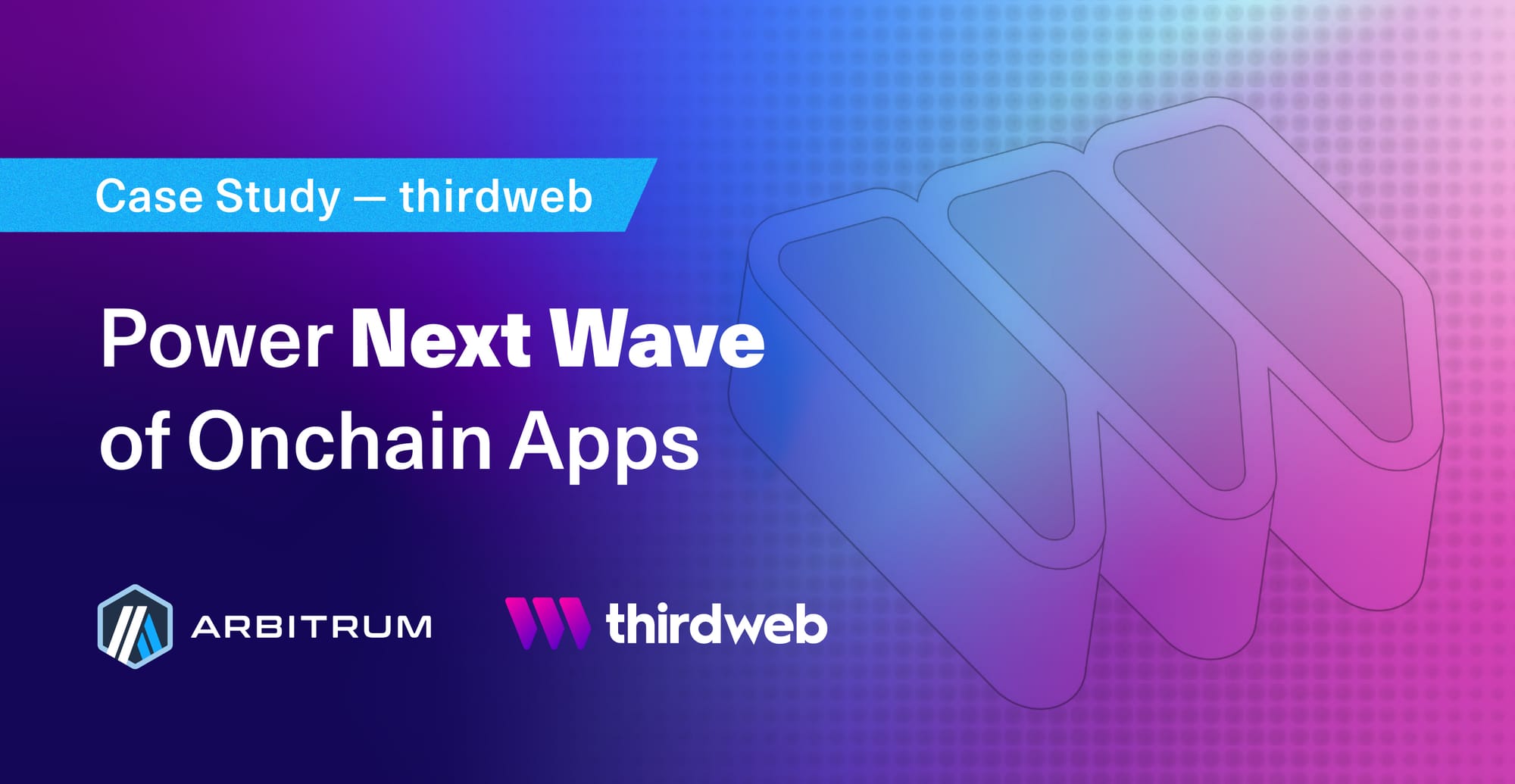Web3 News
More News
-
2025 10 07
-
2025 10 06
-
2025 10 01
-
2025 10 01
-
2025 09 30
-
2025 09 26


